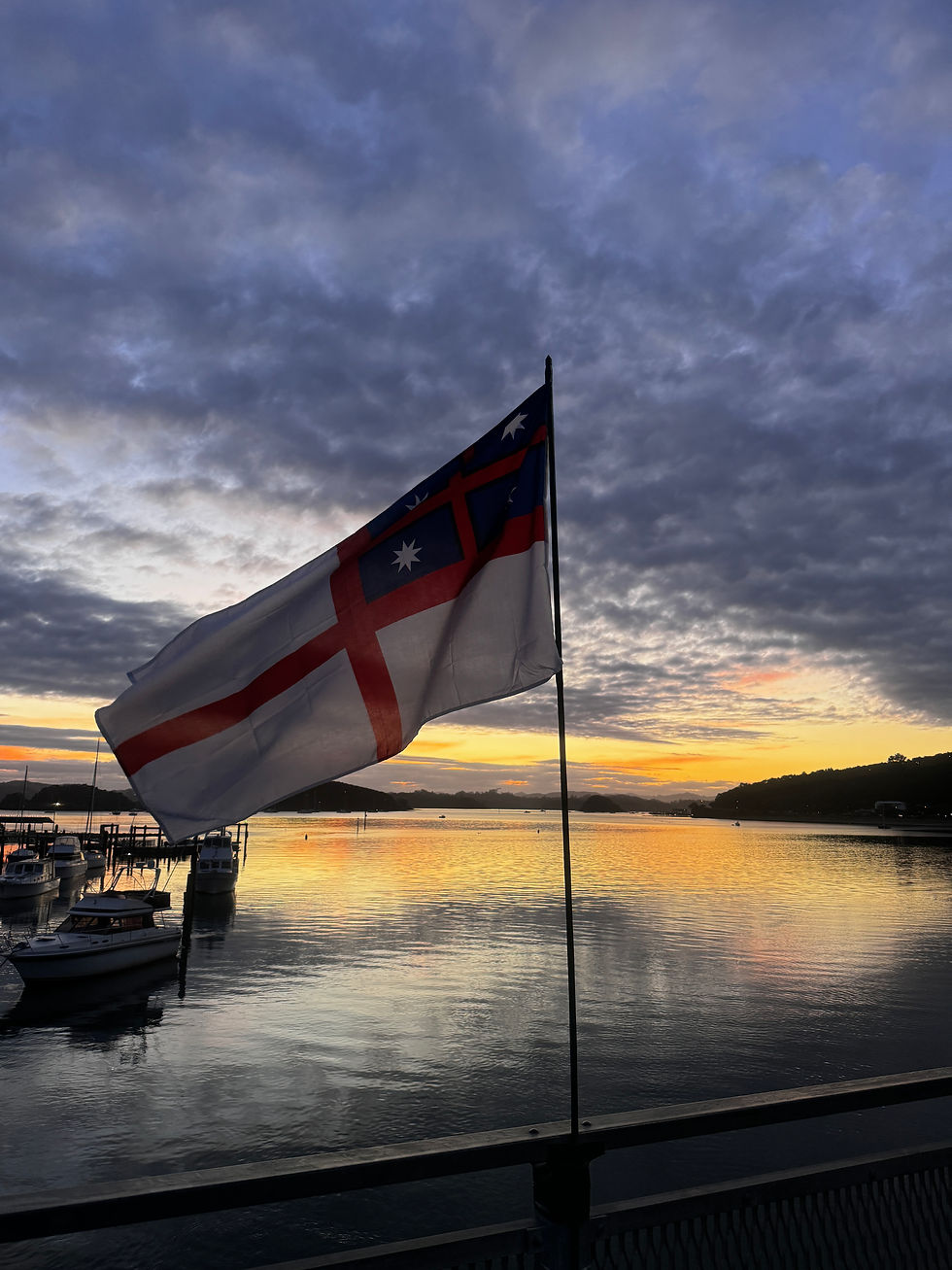Sustainable Cruising: Eco-Friendly Boating Practices for a Greener Bay of Islands
- Mike Levings
- Nov 6, 2025
- 4 min read
The Bay of Islands is truly a jewel of nature, featuring breathtaking landscapes and vibrant marine ecosystems. As we revel in its beauty, we must also reflect on how our boating activities affect the environment. Sustainable cruising is a vital commitment for all of us; it ensures that we can enjoy this stunning region today while protecting it for the future. In this blog post, we will explore eco-friendly boating practices that not only enhance your experience on the water but also help preserve the natural wonders of the Bay of Islands.

The Significance of Eco-Friendly Boating
Being boaters gives us a unique responsibility—one that involves safeguarding the marine environment we cherish. The Bay of Islands is home to rich ecosystems, including over 140 islands and diverse marine life, such as dolphins, sea turtles, and numerous fish species. Studies show that nearly 90% of marine biodiversity is concentrated in coastal waters. By adopting eco-friendly boating practices, we can ensure that future generations enjoy this spectacular area, as well.
Understanding the impact of our choices is crucial. For instance, in New Zealand alone, recreational boating contributes around 20% of marine pollution. By re-evaluating our boating habits, we can significantly reduce our ecological footprint and contribute to a healthier planet.
Fuel Efficiency: Choose the Right Engine
Fuel consumption is a leading cause of harm to our environment while boating. Opting for a fuel-efficient engine can help lower your carbon emissions. For example, modern engines typically consume up to 30% less fuel than older models, reducing your environmental impact significantly. Additionally, considering electric or hybrid engines can lower both your fuel costs and emissions even further.
Don’t overlook the importance of regular maintenance. A well-maintained engine can improve fuel efficiency by up to 15%. Simple actions, like changing the oil and replacing worn filters, help the engine run smoothly and consume less fuel. This not only saves you money but also minimizes your ecological footprint.
Waste Management: Leave No Trace
Proper waste management is essential for keeping the Bay of Islands pristine. On average, a single boat can produce up to 5 pounds of waste per day. Responsible waste disposal starts with using designated facilities for trash, food scraps, and wastewater.
Investing in a portable toilet or a holding tank for human waste is prudent. Poor waste management practices can lead to harmful marine life effects, such as the disruption of vital habitats. By practicing “leave no trace” techniques, you can enjoy your boating experience without harming the environment.
Eco-Friendly Products: Choose Wisely
The products you choose have a lasting impact on the environment. Instead of traditional cleaning supplies, look for biodegradable soaps, detergents, and cleaning agents. For example, products labeled as "eco-friendly" or "biodegradable" can reduce chemical runoff into the water, protecting marine life.
Using non-toxic antifouling paints can also make a big difference. These paints can reduce the release of harmful substances like copper, which is known to negatively affect aquatic organisms. By making informed choices, you help maintain the health of the Bay of Islands while keeping your boat in great shape.

Wildlife Interaction: Observe from a Distance
The Bay of Islands is a sanctuary for diverse wildlife, including the playful dolphin population that can number up to 1,500 at peak times. As tempting as it is to get close, it is crucial to observe these creatures from a safe distance to avoid causing stress.
Approaching wildlife governs how they behave. Local guidelines recommend staying at least 50 meters away from marine mammals. Educate your crew on this vital aspect of responsible boating, so we can enjoy these animals without causing harm.
Anchoring: Protecting Sensitive Areas
Selecting the appropriate spot to anchor your boat is fundamental to protecting sensitive marine environments. Anchoring in seagrass beds or over coral reefs can cause irreparable damage. An estimated 50% of coral reefs are threatened due to human activities, including improper anchoring.
When possible, utilize designated mooring buoys. Studies indicate that these can help reduce damage to the seabed by up to 90%. If you must anchor, opt for sandy bottoms where disturbance is minimal. Your choice can greatly contribute to conserving the Bay of Islands' stunning biodiversity.
Community Involvement: Join Local Initiatives
Getting involved in local conservation initiatives is an excellent way to make a positive impact. Hundreds of volunteers in the Bay of Islands participate in beach clean-ups and restoration projects each year. Engaging in these activities not only helps protect the marine environment but also allows you to meet others who share your passion for sustainable boating.
Join workshops that educate on marine protection or participate in local conservation programs. These efforts lead to measurable improvements; for instance, organizing a clean-up can remove tons of plastic waste from the shores, revitalizing the area for both wildlife and visitors.
Embracing Sustainable Practices for a Brighter Future
Sustainable cruising goes beyond enjoying the scenic beauty of the Bay of Islands; it's about taking action to protect this paradise for the future. By adopting eco-friendly boating practices, from choosing efficient engines to responsible waste management, every small step counts. Let us work together to create a greener Bay of Islands where both boaters and nature thrive in harmony. Embrace these environmentally conscious strategies and make your next adventure a sustainable one!




Comments